It might not feel it in the wider world, but it’s the June calm before the July storm in HE policy. The culture wars are getting silly, the data is showing the challenges for levelling up, and there are yet more suggestions for how to spend more while spending less. Plus two Cabinet Ministers with varying popularity ratings will be seeking new seats at the next election if constituency boundary changes go through. Is that how Gavin and Matt will get their marching orders?
Research
Business Secretary, Kwasi Kwarteng, has named Sir Andrew Mackenzie, Chairman of Shell energy as the preferred candidate for UKRI Chair scheduled to take over during the summer. The Commons Science and Technology committee will hold a pre-appointment hearing to consider Mackenzie’s suitability. Research Professional supply the analysis and responses to Mackenzie’s likely appointment.
The parliamentary protest against the ODA cuts continued in an emergency debate. The attempts we reported last week to get the cuts reversed using an amendment to the ARIA bill failed when the speaker, as predicted, said the amendment didn’t relate closely enough to the core subject matter of the Bill. However, the issue will continue to run.
Meanwhile, the UK’s association to Horizon is reported to be under threat: Dods tell us that The Telegraph reported at the weekend that the UK could threaten to pull out of the EU’s €100bn flagship research programme after Brussels was accused on Friday of holding up access in an “act of political vengeance.” ….senior Government sources have claimed that the EU is “purposely going slow” on formalising the UK’s participation in Horizon Europe. This is a side issue as tensions rise in the government’s “sausage war” with Brussels over the Northern Ireland Protocol.
Quick News
- QAA published Learning From The Experience Of Postgraduate Research Students And Their Supervisors During Covid-19 . It makes recommendations on students logging the changes made due to the pandemic, talks about the regularity and use of online induction, support and wellbeing strategies, regular listening sessions with PhD students and regularly reviewing policies and processes rather than falling back on how it has always been done.
- Research Bureaucracy: A parliamentary question on the intention for a public consultation as part of the review of research bureaucracy. Amanda Solloway responded: The Review of Research Bureaucracy has been engaging broadly across the research sector. The intention is to launch a call for evidence to build on this initial engagement.
Quality
The OfS has given us some more information about timing of the many initiatives that they are working on.
- In July, … we will consult on a set of revised quality and standards conditions (revisions to Conditions B1, B2, B4 and B5 in our regulatory framework) that relate to students’ academic experience, the resources and support they need to succeed, rigorous assessment practices, and reliable standards.
- … probably in November – we will consult in more detail on a revised approach to regulating student outcomes (Condition B3). … this further consultation will set out our proposed approach to setting minimum numerical baselines, how we will assess providers in relation to those baselines, and how we will take each provider’s context into account.
- The TEF… in July we will publish an update on the development of our proposals … We will then consult on a proposed new framework for TEF at the same time as the consultation on student outcomes. The two consultations will draw on a shared set of proposed indicators, …
And there is more:
- we are also looking at assessment practices across the sector in more detail.. We know that universities are looking at various ways of reducing the unexplained gap in outcomes for some groups of students, but that should never result in a reduction in the academic rigour required for successful completion of a higher education course. We expect to announce further work in this area over the next few weeks
- Later in the year we will also look again at numbers and patterns of classifications awarded to students on undergraduate degree courses. …. we remain concerned about the longer-term trend of increases in classifications, and we plan further investigation to identify the factors that may explain the currently ‘unexplained’ increases [Note: unexplained in OfS-speak means not explained by previous achievement, so could for example, be explained as actually being better outcomes?]
- … over the next month we’ll be setting out our approach to combating the malign effects of essay mills
Also on TEF: We are writing later today to providers with TEF awards due to expire this summer, to confirm that their awards will be extended until 2023, and those without an award will be invited to apply for a provisional award to cover the period before the next TEF exercise.
And on essay mills – Lord Storey’s Higher Education Cheating Services Prohibition Bill has been scheduled for its second reading (a debate) on 25 June in the House of Lords.
That TEF letter:
- As extended TEF awards will become increasingly out of date, we consider that they should no longer be promoted or used to inform student choice once the 2021 student application cycle is complete. We are therefore advising providers not to use their TEF awards in marketing or promotional materials from September 2021.
- TEF awards will be removed from the Discover Uni website in September and UCAS also intends to remove them from its course pages, at our request. We will continue to publish the extended awards on the OfS website, which we will update in September to explain their historical nature. Revised TEF branding guidelines will be available on the OfS website on 22 June, but you may wish to start making arrangements now to remove TEF awards from your marketing materials.
Fees and funding
Interest rates – The Department for Education have published a written ministerial statement by Michelle Donelan confirming a temporary reduction in the maximum student loan interest rate. It’s complicated, it lasts for a short period, and will have a very small effect (e.g. on anyone paying a tapered rate).
As a reminder, while you are studying interest accrues at the maximum rate (5.6% at the moment), for post 2012 English students, the current interest rates are here. the headline is 5.6% but it’s 2.6% for those earning under £27,295, for example.
Here are the main points of the announcement:
- …In accordance with the Teaching and Higher Education Act 1998, where the Government considers that the student loan interest rate is higher than the prevailing market rate for comparable unsecured loans, we will take steps to reduce the maximum student loan interest rate.
- …. two separate caps will be implemented, one for the period 1 July to 31 August and one for the period 1 to 30 September.
- The maximum Post-2012 undergraduate income contingent repayment student loan interest rate and the Postgraduate income contingent repayment student loan interest rate will be 5.3% between 1 July and 31 August. [e. reduced from the 5.6% noted above]
- The maximum Post-2012 undergraduate income contingent repayment student loan interest rate and the Postgraduate income contingent repayment student loan interest rate will be 2% between 1 September and 30 September.
- From 1 October 2021, the Post-2012 undergraduate and Postgraduate income contingent repayment student loan interest rates will revert to the standard rate +3%.
- Further caps may be put in place should the prevailing market rate continue to be below student loan interest rates.
Future options
HEPI have published some modelling by London Economics on changes to student loans that could reduce the cost to the government and/or fund some new initiatives. We have written about various rumours and ideas for changes to the fee structure over the last few weeks. Much of this talk was about what universities receive. The other side of the coin is how it is funded, ie by students, or rather, graduates.
- One group of people challenge interest rates e.g. the nominal interest rate is too high compared to real debt, most people never pay it all back, making a substantial part of it “monopoly money”, the optics are bad (the full rate is very high, and interest is accrued at the full rate while you are at university and tapered afterwards). Others support raising the interest rate as more progressive than other possible changes (because only the graduates who are better paid will repay it).
- Others focus on the thresholds, noting that in a sweeping and hugely expensive gesture Theresa May increased the cost to the government by raising it and it has continued to rise since. Recent suggestions in this area include the LE analysis released by student unions last week suggesting that reducing the threshold might pay for a cash grant to students affected by COVID. Others call for it to fall.
- Lengthening the repayment term to 40 from 30 years was one of the Augar ideas said to be under consideration by the government and another option considered in the students union analysis.
HEPI’s policy note No easy answers: English student finance and the spending review looks at modelling for three options – removing real interest charges, increasing the repayment period and reducing the repayment threshold. They start by noting an important fact which has a major impact on all the arguments in this area:
- “Repayments vary substantially by gender – due to the graduate gender pay gap – with male former students repaying just under £35,000 on average while female former students repay just over £13,000. This indicates that an increase in repayments will often affect women proportionately more.”
Highlights:
- Removing the real rate of interest: .. Abolishing the real rate of interest… would have an annual cost of £1.2 billion. The impact would be regressive, helping only the best-paid graduates. .. It would also benefit men, whose repayments would fall by an average of £6,400, more than women, whose repayments would fall by £1,300.
- Extending the repayment period from 30 years to 35 years: … Extending the repayment period would have no impact on graduates with the lowest incomes, who would continue to repay nothing, nor on graduates with the highest incomes, who would continue to repay their entire loan balance before even the original 30 years had elapsed. However, it would affect those in between. … we have modelled the more modest change of an increase to 35 years. This offers a saving of just under £1 billion and reduces the RAB charge by around four percentage points to 50%. [there is not much more said about that middle group – but there is on Wonkhe]
- Reducing the repayment threshold to match the repayment threshold for pre-2012 student loans (from £26,575 to £19,390): … would reduce the cost of one cohort of students by almost £3.8 billion, split by £2.2 billion less on tuition fee loan write offs and £1.6 billion less on maintenance loan write offs. This would have the impact of reducing the loan write off (the RAB charge) from 54% to 33%, … It would also reduce the proportion of former students who do not repay their entire loan from close to nine-in-ten (88%) people to three-quarters (76%), as well as reduce the proportion who never repay a penny by more than half from 33% to 16%. Both male and female graduates would repay an average of around £10,000 more.
Which just goes to show how complicated it is. Reducing the threshold – on the face of it not a popular solution – may be the fairest (of these options) in the long term. Jim Dickinson for Wonkhe last week noted another counter-intuitive angle from the earlier LE work, that increasing interest rates after graduation (removing the taper) would be more progressive than increasing the term of the loan or reducing the threshold. This week Jim comments on the HEPI report for Wonkhe and addresses that middle group who are impacted by the extension of the repayment term by looking back at the students’ union work:
- “when those students’ unions asked LE to model a 36 year term a few weeks back, the resource transfer from graduates in the future to now would make middle-income male graduates £3,000 worse off, with higher-earning female graduates up to £11,000 worse off. In this scenario there’s a significant detrimental impact on the “typical” graduate and a relatively minimal impact on the highest earning male graduates”
Until we see what the government has in mind, this is a debate that will run and run.
The Student Loans Company published new statistics on loan outlays, repayments of loans and borrower activity on Thursday.
Foundation Years
Michelle Donelan responds to a parliamentary question about foundation years (which the current Government has previously criticised):
- We recognise that foundation years can play an important role in enabling students with lower prior attainment, potentially from disadvantaged backgrounds, to access high tariff provision. We also recognise their role in allowing students to switch subjects. Some universities are already using high-quality foundation years in ways which provide good value for these students, and we are pleased to support such universities.
- We are committed to ensuring that all foundation years continue to provide good value for money and provide a distinct benefit to students.
- We plan to consult on further reforms to the higher education system, including the treatment of foundation years, in summer 2021, before setting out a full response to the report and final conclusion to the Review of Post-18 Education and Funding alongside the next Comprehensive Spending Review.
The subtext to her response seems to be that the Government intend to only support (fund?) foundation years for in very limited circumstances.
Mature Students
The OfS published their May insight brief: Improving opportunity and choice for mature students. It has some interesting insights.
Graduate outcomes
The Government have today published the latest graduate, postgraduate and non-graduate employment rates and earnings for England.
- Graduates and postgraduates continue to have higher employment rates than non-graduates. However, employment rates for working-age graduates, postgraduates and non-graduates alike were slightly lower in 2020 compared to 2019.
- In 2020, the employment rate for working-age graduates – those aged 16 to 64 – was 86.4%, down 1.1 percentage points from 2019 (87.5%). For working-age postgraduates the employment rate was 88.2%, for non-graduates it was 71.3%; these data represent falls of 0.5 and 0.7 percentage points from 2019, respectively.
- 66% of working-age graduates were in high-skilled employment, compared with 78.4% of postgraduates and 24.5% of non-graduates. The graduate rate increased 0.4 percentage points in 2019. The rate for non-graduates was 0.6 percentage points lower than in 2019 while for postgraduates it was 0.5 percentage points down on the previous year.
- The median salary for working-age graduates was £35,000 in 2020. This was £9,500 more than non-graduates (£25,500) but £7,000 less than postgraduates (£42,000).
At the end of May the DfE analysed Post-16 education and labour market activities, pathways and outcomes (LEO) considering the effects of socioeconomic, demographic and education factors.
The real point is that pathways are diverse. Given that the government seems to imply that, for HE at least, courses “always” lead to employment in a related field, the data is fascinating. The key recommendation is do more analysis, especially on intersectional issues.
- For the 3.6 million individuals taking their GCSEs between 2002 and 2007 there are over 262,000 different pathways. Of these, almost 168,000 pathways are unique, i.e. each only observed for a single individual. Whilst the complexity of pathways is perhaps not surprising, clear and robust evidence on their sheer diversity did not previously exist.
- Figure 1 shows the 50 most common education and labour market pathways of all those in the sample, representing just under a third (31%) of all individuals
- Individuals from certain ethnic groups, who have a special education need, have poorer GCSE attainment (at KS4), are from a lower socioeconomic background or attended a state-funded (non-selective) school have worse labour market outcomes than those from more “advantaged” comparator sub-groups.
- Higher levels of education lead to better labour market outcomes, for all sub-groups examined and at all levels of qualification…:
- Higher proportions of individuals completing a degree are in employment, having higher average earnings than those without a degree and with lower proportions claiming out of work benefits.
- Similarly, for those without a degree, individuals achieving a level 3 qualification are more likely to be employed, earn more when employed and are less likely to claim out of work benefits than those achieving level 2 or below as their highest qualification level.
Outreach: UUK have published a new collection of case studies showcasing outreach style interventions with Year 13s who will transition to HE in the autumn to help bridge the pandemic’s disruption to their recent schooling.
Constituency boundaries
After the last attempt to review constituency boundaries, which would have reduced the number of MPs at Westminster from 650 to 600 was abandoned, another review was planned, and the new proposals have now gone live. As the HoC Library research briefing just out says:
- The 2013 Review was abandoned in January 2013 before final recommendations were produced. The 2018 Review was completed by all four Commissions and their reports were handed to the Government but was not implemented.
- In March 2020, the Government announced that it no longer favoured the reduction in the number of seats in the House of Commons to 600. Instead it would introduce a new bill to fix the number at 650. One reason given is that following the UK’s exit from the European Union, MPs will have greater workloads.
- In 2020, Parliament agreed the new legislation. This fixed the number of seats at 650 and cancelled the 2018 Review.
- Other changes included allowing for reviews every eight years, instead of five, and moving public hearings to later in the consultation process. The most controversial change was to how a review is implemented – it is now automatic (see more below).
- Some changes from 2011 were kept. The seats for the four nations of the UK are still allocated by calculating the proportion of the electorate in each. For example, England has 84% of registered voters so it was allocated 84% (543) of the seats for the 2023 Review.
- The 5% rule remains the primary rule….
The proposals for England are open for consultation until 2nd August 2021. Last time there were sweeping changes to local boundaries, including merging Christchurch into Bournemouth East and leaving Sir Christopher Chope with no seat, and making consequential changes to Bournemouth West. This time, as you can see (red is new, blue is existing) the BCP changes are much less significant, with the real changes confined to Mid Dorset and North Poole. These changes to MDNP are not dissimilar to the ones proposed last time, extending the constituency across a large swathe of Dorset north and West of Wimborne and including the whole of Wareham. As such, they are likely to be less controversial locally (our local MPs were not impressed last time) but a quick look on twitter suggests that they will be contested in other parts of the country. There will be more English MPs and fewer in Scotland, Wales and the North. It is already being called gerrymandering.
You can explore the interactive map by postcode or region here.
The process will be long – and will be implemented at the next General Election after they are adopted, expected to be towards the end of 2023. As the government in the Queen’s Speech announced that they intend to revoke the Fixed Term Parliaments Act we can’t be sure when the next election will be.
The FT cover the article here (BU staff can use their BU email address to access the FT online), reflecting views on the impact on the changes:
- Sir John Curtice, professor of politics at Strathclyde university, said the electoral impact of the 2023 boundary review would be limited as a result of population and political shifts over the past decade, with cities expanding and towns shrinking.
- Lord Robert Hayward, a Conservative peer and polling expert, said the net benefit to the Tories would be between five to 10 seats in total.
- Several high-profile MPs — including defence secretary Ben Wallace, whose Wyre and Preston North constituency is subsumed into the surrounding area — are expected to lose their seats. The seats of Matt Hancock, health secretary, and Gavin Williamson, education secretary, are also set to disappear.
Equality and Diversity – student data
The Office for Students has issued Equality, diversity and student characteristics data – Students at English higher education providers between 2010-11 and 2019-20. There is an updated dashboard to illustrate the data.
International
Parliamentary Question: Graduate entrepreneurs (international): increasing the number of graduate entrepreneurs by amending legislation to (a) encourage and (b) allow international students to be self-employed.
Response: Students can switch into the Graduate or Start-up routes once they have completed their studies; self-employment is permitted under each of these routes. The Graduate route, which launches on 1 July, enables students who successfully complete an eligible qualification to stay and work or look for work for two years (three for PhD students), including self-employment. Those on the Graduate route who establish an innovative, viable and scalable business will be able to switch into the Innovator route subject to securing the required endorsement from a relevant endorsing body. Students can also switch into the Start-up route. The Start-up route is reserved for early-stage, high-potential entrepreneurs starting an innovative, viable and scalable business in the UK for the first time. The restrictions on employment whilst studying on the Student route are designed to ensure their primary purpose for being in the UK is to study as indicated, rather than to work.
Asia Spotlight: Last week’s Times Higher Education (THE) update focussed on learning across Asia. You can find many of the articles the emailed update covered on the main THE site. You’ll need to register with your BU email address to view the full articles. You can access it from: http://search.ebscohost.com/login.aspx?authtype=ip,shib&custid=s7547708&direct=true&db=edspub&AN=edp67121&site=eds-live&scope=site or contact eresourceshelp@bournemouth.ac.uk for further assistance.
Chinese research collaborations: Dods and The Telegraph covered new research from the Tory bankbencher China Research Group (CRG) on research and funding partnerships between UK HEIs and China. Details and the research data here. The CRG finds that 20 UK HEIs have collectively accepted more than £40m in funding from Huawei and selected state-owned Chinese companies in recent years.
Culture wars
The culture war has become even more ridiculous this week. Some sections of the press and various ministers find something to be irate about (usually on the basis of incomplete information) and social media goes mad; various unrelated individuals receive horrific abuse on social media and another myth becomes part of the tapestry of anti-university rhetoric to be cited regularly whenever there is an opportunity.
This week it was the decision of the graduate common room (the MCR, or middle common room) at Magdalen College Oxford, who decided to take down a photo of the Queen. It turns out that this is not really comparable to the removal of the Rhodes statue at Oriel, which would, whatever you think about the statue or its connotations, be a big physical change to a historic building.
Declaring an interest and speaking as a Magdalen alumna (although I think I have only been in the MCR twice), Jane supports the view of the Magdalen College President, as set out in this twitter thread. Plus, really, storms in teacups or what. The main lesson for this seems to be not to put pictures on your walls. You might offend someone putting them up, and you are bound to offend someone if you later take them down.
Of course, the protest isn’t really about the photo, it is about the reasons allegedly given. Those offended by discussions about safe spaces and decolonisation have been triggered. That is an issue that the Secretary of State and the Universities Minister feel strongly about.
The other culture war example this week has been about historic (racist and sexist) statements by a cricket player, who is now probably wondering whether he should be pleased that he is being defended by the PM. Free speech is good…but only if it is the right sort, made in the right circumstances? Ministers have been careful in their choice of words. GW said the students’ decision was “absurd”. Michelle Donelan, commenting on the decision of some staff to withdraw voluntary labour because of the decision not to remove the Rhodes statue, said it was “ridiculous”. Have they moved consciously from harsh criticism of the sector to ridicule? Or is it a coincidence? We live in strange times, and we’re all conspiracy theorists now.
Inquiries and Consultations
Click here to view the updated inquiries and consultation tracker. Email us on policy@bournemouth.ac.uk if you’d like to contribute to any of the current consultations.
New consultations and inquiries this week:
- DCMS Safety of journalists: call for evidence closes 11:45pm on 14 July 2021
- Racial and ethnic stereotyping in advertising – Advertising Standards Authority consultation on establishing whether and, if so, to what extent racial and ethnic stereotypes, when featured in ads, may contribute to real world harms, for example, unequal outcomes for different racial and ethnic groups. Link: Advertising Standards Authority closes: 30 June 2021
- The Intellectual Property Office has opened a consultation on the UK’s future regime for the exhaustion of intellectual property rights which will underpin the UK’s system of parallel trade. Closes: 31 August 2021, link: Intellectual Property Office
Other news
Graduate Outcomes: Wonkhe analyse a new report from HESA adds to the recent growth in literature about “good jobs” by proposing a Graduate Outcomes based measure of the “design and nature” of the jobs graduates in employment do… brings an important new perspective to the current debate about graduate jobs. David Kernohan finds it more than “decent”.
Diversity: Research Professional report that the proportion of staff at the Office for Students from an ethnic minority background has reached 10 per cent, a 1 percentage point increase on last year but still “considerably lower” than the student population
Net Zero: The Campaign for Learning published Racing to Net Zero The role of post-16 education and skills. It considers how post-16 education and skills policy can support the UK in reaching the net zero targets and beyond. Points raised in developing a post-16 education and skills response include:
- The need to differentiate between green jobs and green skills within existing jobs. The post-16 education and skills system will need to respond to both.
- Upskilling and reskilling to meet the transition to Net Zero is not the sole domain of Level 4-8 Higher Education. Upskilling and reskilling at Level 3 and below will also be required to meet the needs of green jobs and green skills for existing jobs.
- The government cannot rely solely on apprenticeships for upskilling and reskilling at Level 3 and Level 2 for green jobs. As apprenticeships are employer employer-driven, levy payers may wish to fund non-green jobs through apprenticeships.
- The need for data on the proportion of green gig jobs as a share of green jobs that will be created. Green gig jobs with insecure income may not be as attractive to young people and adults. Insecure incomes may also prevent young people and adults from upskilling and reskilling if they need to put earning before learning.
- The need to follow the lead of providers developing strategies to embed education for sustainable development in Level 2 to Level 6 qualification and academic and vocational courses (including T levels and Higher Technical Qualifications).
- Understanding the role of whole institution strategies for transitioning to Net Zero. Institutions in the post-16 sector are already implementing strategies that cover decarbonising estates, incorporating education for sustainable development in teaching and learning, and providing a voice for learners of all ages to initiate change to reduce global warming.
STEM girls: Teach First published STEMinism: One year on. The paper marks the first anniversary of the publication of their report Missing Elements, in which they set out why it’s a problem that so few girls and women choose STEM routes, as well as some of the measures that could help schools increase the diversity of take-up.
Subscribe!
To subscribe to the weekly policy update simply email policy@bournemouth.ac.uk. A BU email address is required to subscribe.
External readers: Thank you to our external readers who enjoy our policy updates. Not all our content is accessible to external readers, but you can continue to read our updates which omit the restricted content on the policy pages of the BU Research Blog – here’s the link.
Did you know? You can catch up on previous versions of the policy update on BU’s intranet pages here. Some links require access to a BU account- BU staff not able to click through to an external link should contact eresourceshelp@bournemouth.ac.uk for further assistance.
JANE FORSTER | SARAH CARTER
VC’s Policy Advisor Policy & Public Affairs Officer
Follow: @PolicyBU on Twitter | policy@bournemouth.ac.uk
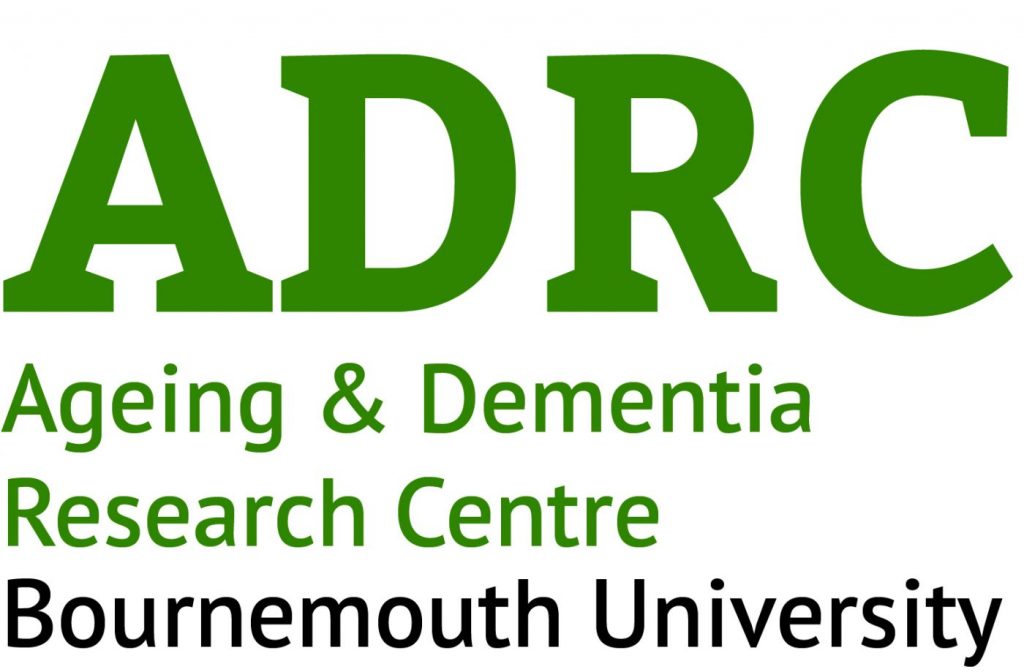


 Don’t forget to book your place on the RKEDF online training session Impact and Funding Bids on Thursday 17 June 13:00-14:00! Although the UKRI removed the Pathways to Impact sections of grant applications last year, they expect impact to be embedded within bids and this session will help you understand how to write about impact.
Don’t forget to book your place on the RKEDF online training session Impact and Funding Bids on Thursday 17 June 13:00-14:00! Although the UKRI removed the Pathways to Impact sections of grant applications last year, they expect impact to be embedded within bids and this session will help you understand how to write about impact.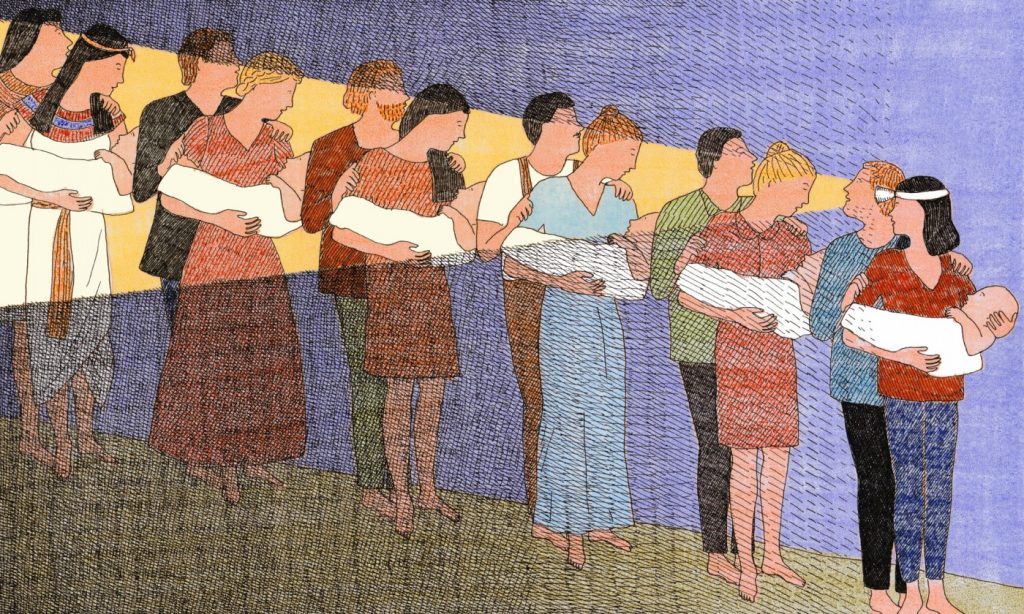

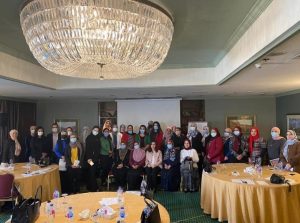
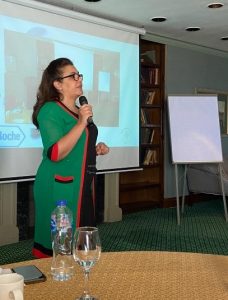 Thursday 8th April 2021
Thursday 8th April 2021



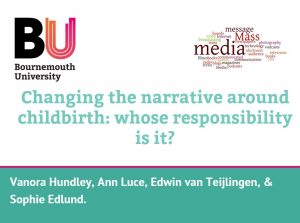

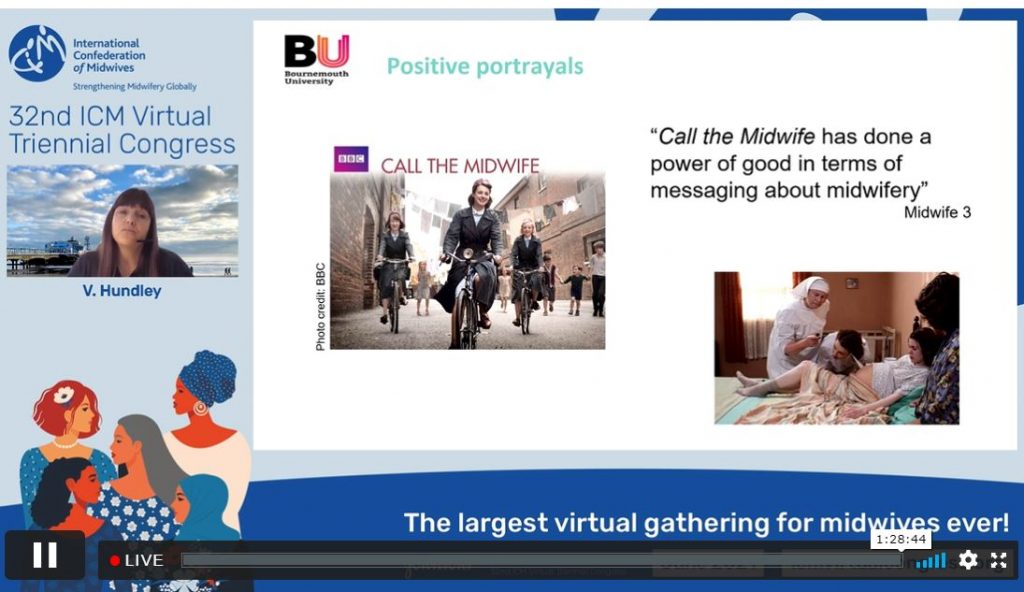
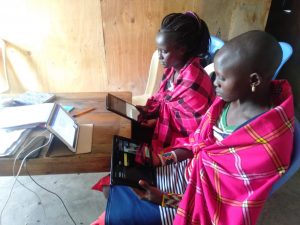
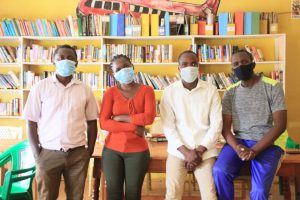

 Research Development and Support (RDS) run induction sessions for all new starters and those who want a refresher in research. We recently revamped these so that we could have more interactive conversation on the induction day. In order to do this, we created a series of videos, which were sent to attendees three weeks’ beforehand.
Research Development and Support (RDS) run induction sessions for all new starters and those who want a refresher in research. We recently revamped these so that we could have more interactive conversation on the induction day. In order to do this, we created a series of videos, which were sent to attendees three weeks’ beforehand.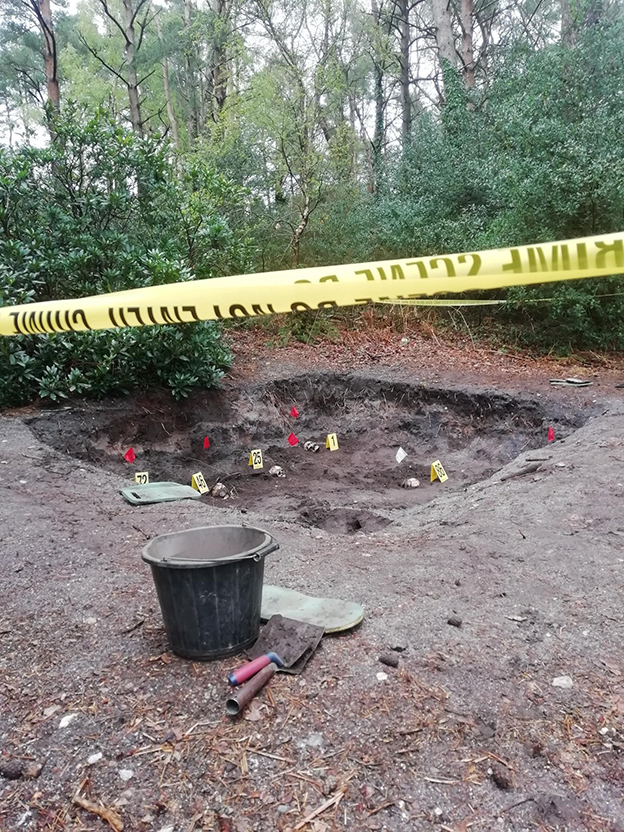











 Beyond Academia: Exploring Career Options for Early Career Researchers – Online Workshop
Beyond Academia: Exploring Career Options for Early Career Researchers – Online Workshop UKCGE Recognised Research Supervision Programme: Deadline Approaching
UKCGE Recognised Research Supervision Programme: Deadline Approaching SPROUT: From Sustainable Research to Sustainable Research Lives
SPROUT: From Sustainable Research to Sustainable Research Lives BRIAN upgrade and new look
BRIAN upgrade and new look Seeing the fruits of your labour in Bangladesh
Seeing the fruits of your labour in Bangladesh ECR Funding Open Call: Research Culture & Community Grant – Apply now
ECR Funding Open Call: Research Culture & Community Grant – Apply now ECR Funding Open Call: Research Culture & Community Grant – Application Deadline Friday 12 December
ECR Funding Open Call: Research Culture & Community Grant – Application Deadline Friday 12 December MSCA Postdoctoral Fellowships 2025 Call
MSCA Postdoctoral Fellowships 2025 Call ERC Advanced Grant 2025 Webinar
ERC Advanced Grant 2025 Webinar Update on UKRO services
Update on UKRO services European research project exploring use of ‘virtual twins’ to better manage metabolic associated fatty liver disease
European research project exploring use of ‘virtual twins’ to better manage metabolic associated fatty liver disease